News 8/27/09
From Kathleen S: “Re: 100 Most Powerful. Another bogus list — besides, neither Mr. H or Inga were listed, so proof of hot air.” As Mr. H and all the other losers say, we were just happy to be nominated.
Should healthcare providers use Twitter to provide medical alerts and other healthcare information? Would it be effective? What about privacy? Of course the folks at Telemedicine and e-Health think it is a great idea and view it as a potentially valuable means of sharing real-time health information. I doubt I’d sign up.
To your right: details on a free live webinar on how to turn your dictation to data, sponsored by the folks at ALN. The webinar is on Thursday the 27th, so don’t delay.
Greenway Medical enters the community HIT space with the launch of PrimeEnterprise. The solution will enable a community of Greenway customers to share select clinical and financial data.
Real-time insurance eligibility authentication tools appear to be gaining in popularity. Atlanta Women’s Health Group is the latest group to announce it’s installing an application to validate eligibility information the time of service. Clearwave Corporation is the vendor working with the 50-provider, 26-location group.
Michael J. Barry, MD of Massachusetts General Hospital and Harvard Medical School is named president of the Foundation for Informed Medical Decision Making, a non-profit organization that promotes the creation and use of audio-visual decision aids to enhance patient involvement in their own medical decisions. Also, ophthalmologist William H. Ehlers, MD takes over as president of the Joint Commission of Allied Health Personnel in Ophthalmology.
Covenant Medical Center (IA) agrees to pay $4.5 million to settle alleged violations to the Stark Law and submitting false Medicare claims. The federal lawsuit claimed the hospital paid the five specialists “above fair market value” for their services at rates that were “commercially unreasonable.” The government claims the physicians, who referred patients to the hospital, were among the highest paid hospital-employed physicians in the entire country. Records show the doctors were each paid between $633,000 and $2.1 million.
The Virginia Tobacco Indemnification and Community Revitalization commission extends a $1.3 million grant to provide EMR capabilities for 37 department of health clinics.
MGMA releases a white paper offering recommendations to promote safety within physician offices. The report discussions how to build a patient safety process and how to establish the practice administrator as a chief safety officer.
Stories like this make me feel like such an underachiever. A Princeton junior and his recently graduated brother are awarded a $100,000 grant to expand an iPhone application to monitor diabetes. Their iAbetes Web 2.0 Diabetes Management System allows patients to record food intake, blood sugar readings, and insulin injections. The application interacts with a Web site that can be accessed by patients and their providers.
Housekeeping notes: at the top right you can sign up for e-mail updates. We only e-mail you to let you know there’s a new posting. Plus we never share share your information with anyone. If you have any rumors, commentary, or poems to share, please e-mail me. Also, please take a moment to visit our sponsors sites – without our sponsors, there would be no blog. Finally, don’t keep all your brilliant thoughts to yourself. Post your comments (right below my image) and share your wisdom with the universe.
Durham University in England develops a Conscientiousness Index tool to measure the conscientiousness of medical students.The tool examines such things as attendance at lectures, timeliness of work completion, and extra volunteer opportunities. I suppose that if you are deemed highly conscious, you get an extra cord or something.
David Polly, MD the surgeon who famously earned $1.2 million as a Metronic consultant, resigns his board position with the American Academy of Orthopaedic Surgeons. Polly says he didn’t want to be a distraction.
iMedX, a transcription provider and developer of TurboRecord and TurboScribe, purchases competitor Worldtech. The combined entity serves several thousand physicians in hospitals and medical clinics nationwide.
I’m not a clinician and thankfully not a regular patient, yet I appreciate the words of this physician who encourages his colleagues not to forget the human touch, despite the availability of so many high-tech tools. His point is that too many physicians forget the intrinsic value of the physician exam. Personally, I would to feel a human is caring for me and not just machines.


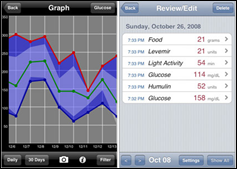
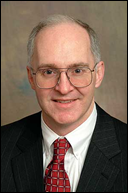

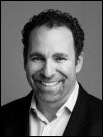
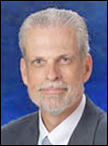
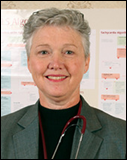
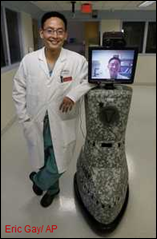





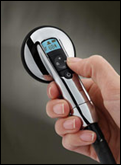

The article about Pediatric Associates in CA has a nugget with a potentially outsized impact: the implication that VFC vaccines…